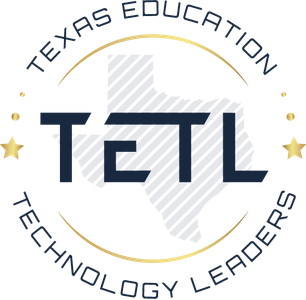
TETL White Paper | The Use of Generative Artificial Intelligence in K-12 Education: Balancing Benefits, Concerns, and Ethical Use
Prepared by TETL Digital Shift Committee in collaboration with Texas ASCD
Overview
Generative Artificial Intelligence (AI) has emerged as a powerful tool with the potential to transform K-12 education. Charles Cooper, Instructional Content Specialist - Digital Learning at Education Service Center Region 11, likens it to the automobile stating, “Much like the automobile expanded not only cities but career and familial opportunities, AI is set to redefine education. It will empower educators to craft powerful lessons, bridging learning gaps and enhancing classroom joy, without sidelining the human touch.” This technology, exemplified by models like ChatGPT, offers exciting possibilities for personalized learning, enhanced engagement, and efficient teaching practices. But what do we do with it? How should we embrace it? Dr. Elizabeth Clark, Associate Superintendent for Curriculum, Instruction and Accountability in Birdville ISD, says that these tools can be viewed as a threat to our paradigm, but what we really need to do is embrace them and design around the innovation. As with any innovation there are benefits and concerns. Along with the benefits, it is crucial to navigate the ethical considerations surrounding its implementation. In this article, we will explore the use of generative AI in K-12 education, its potential benefits, significant concerns, and offer guidelines to assist districts as they consider generative AI.
